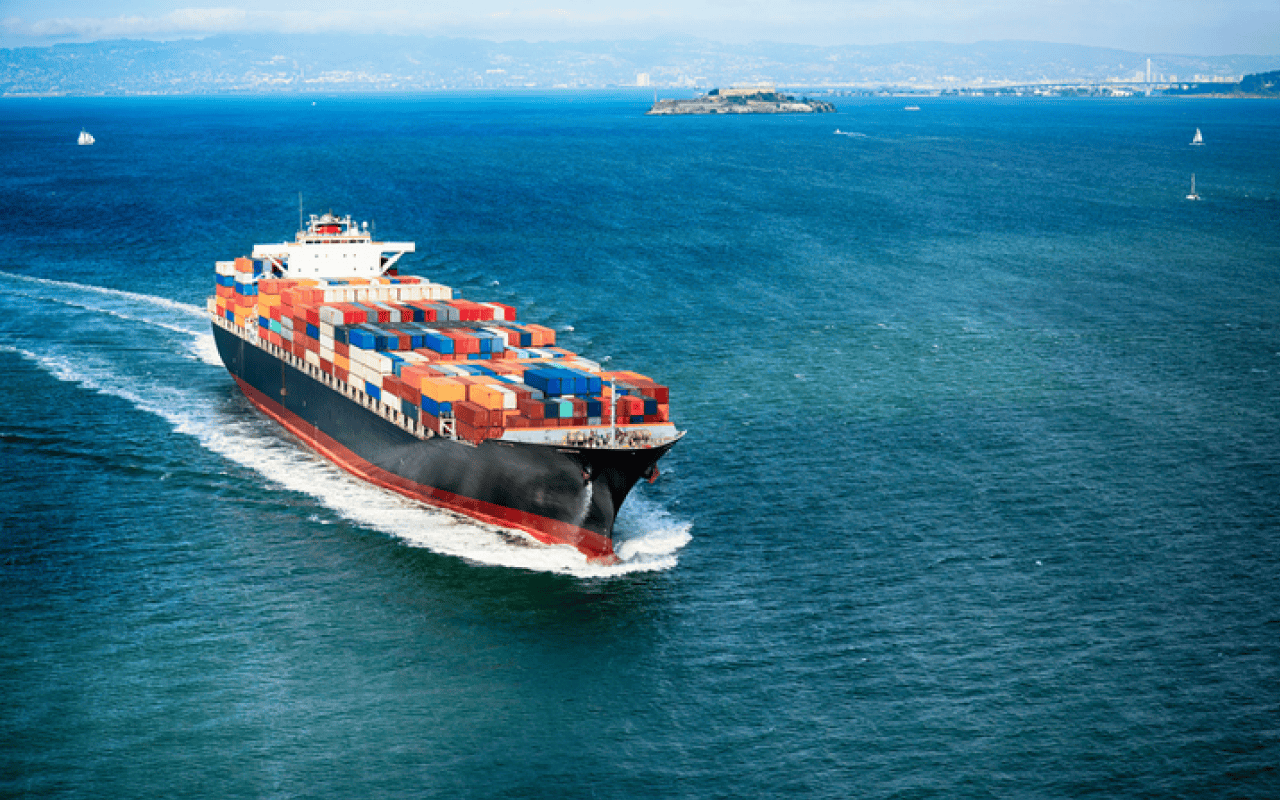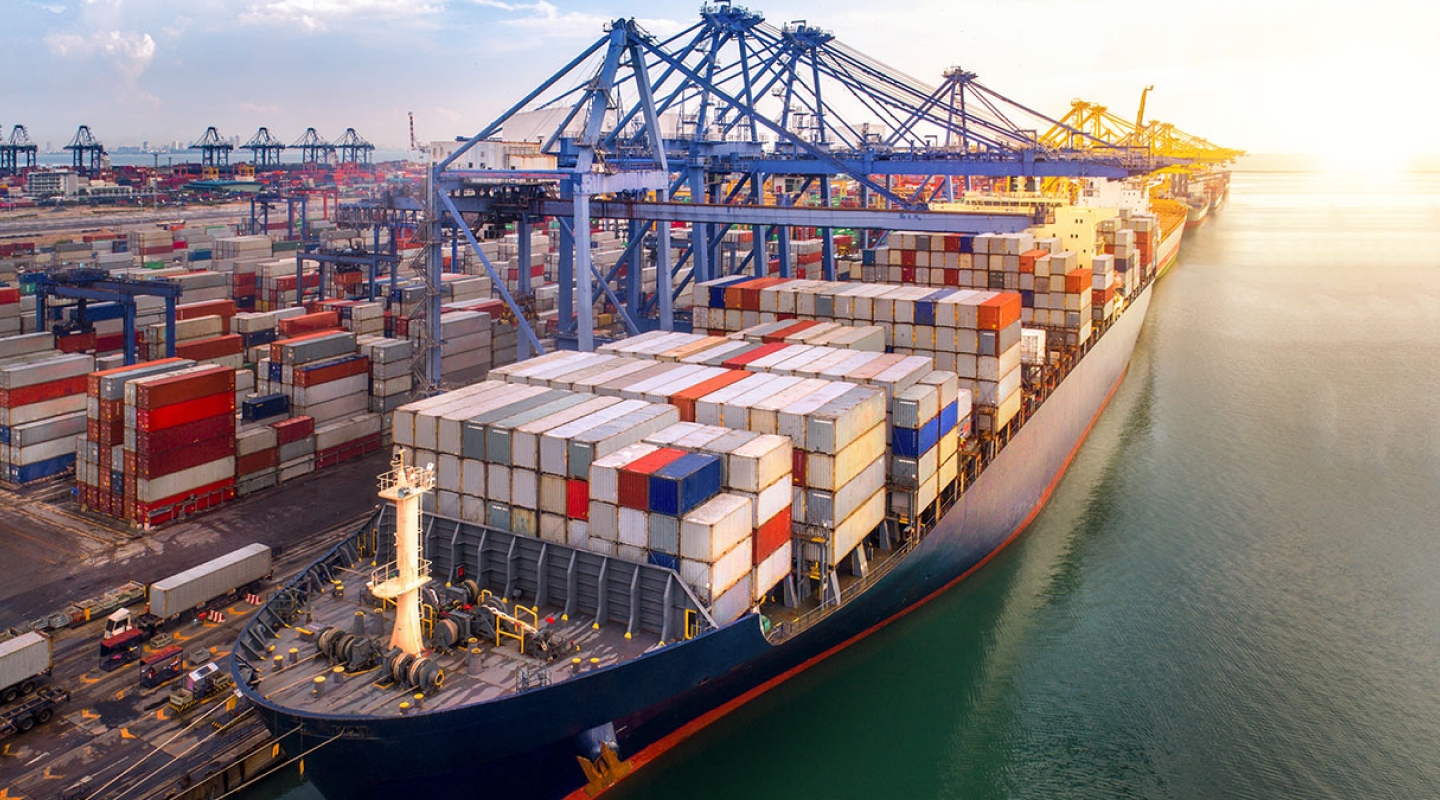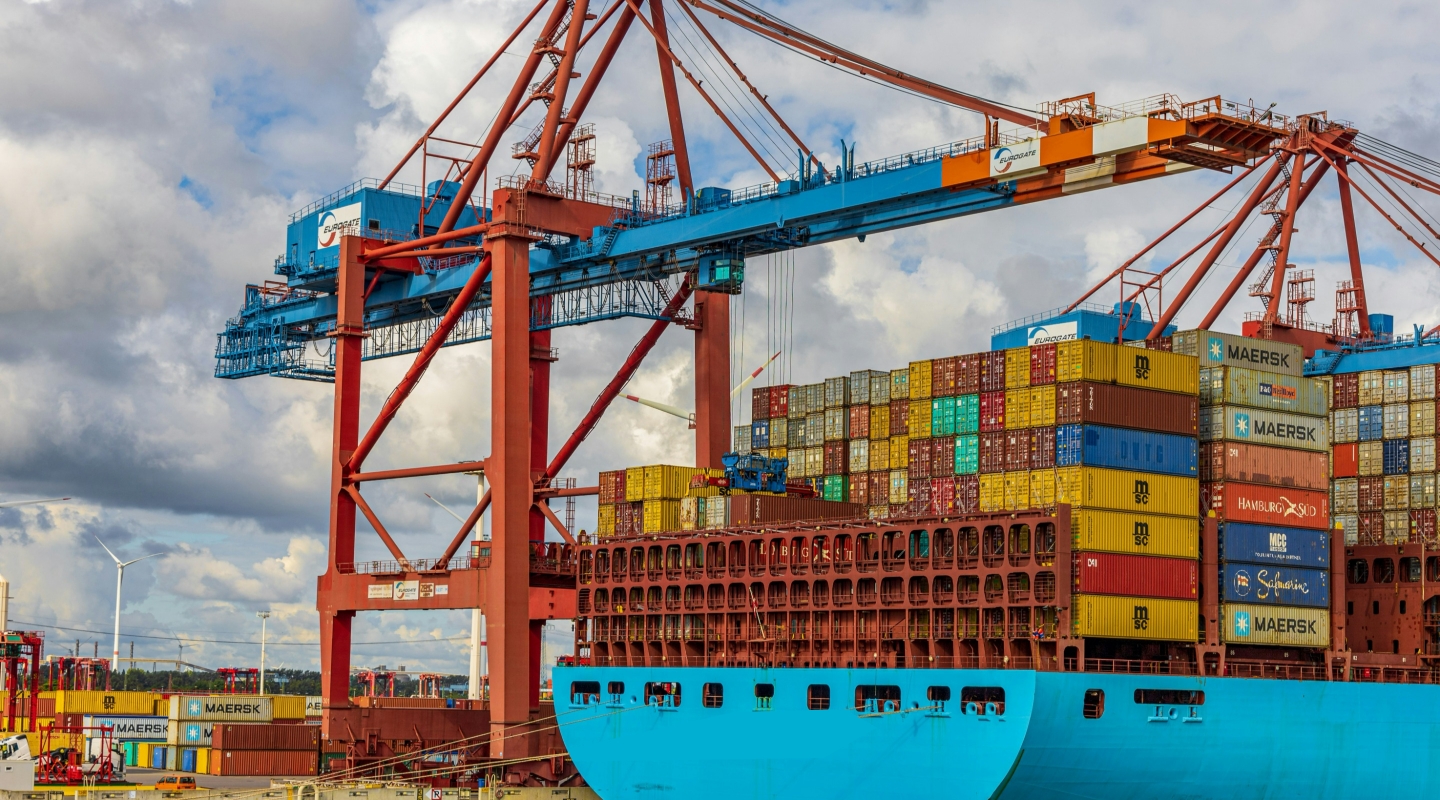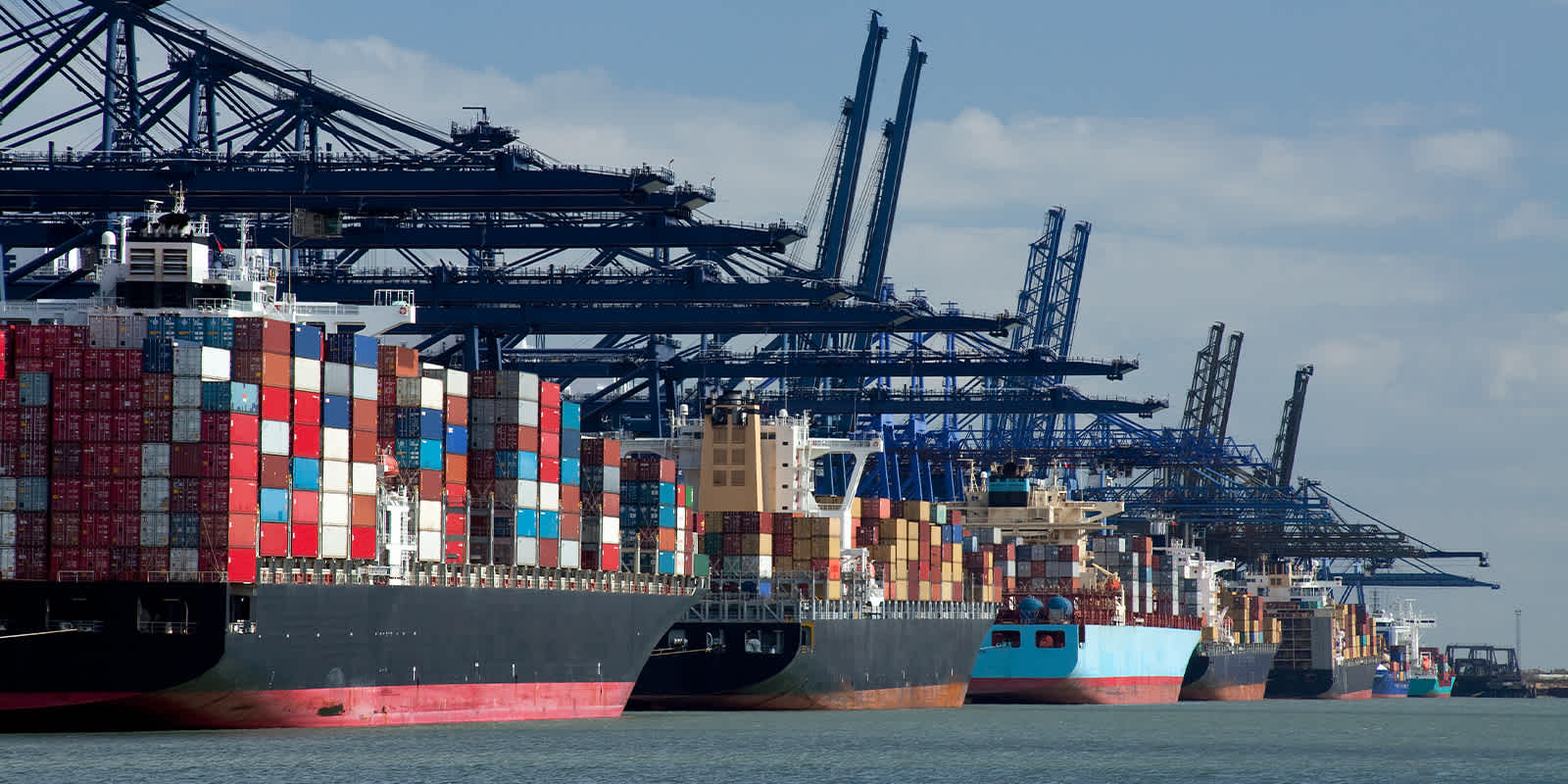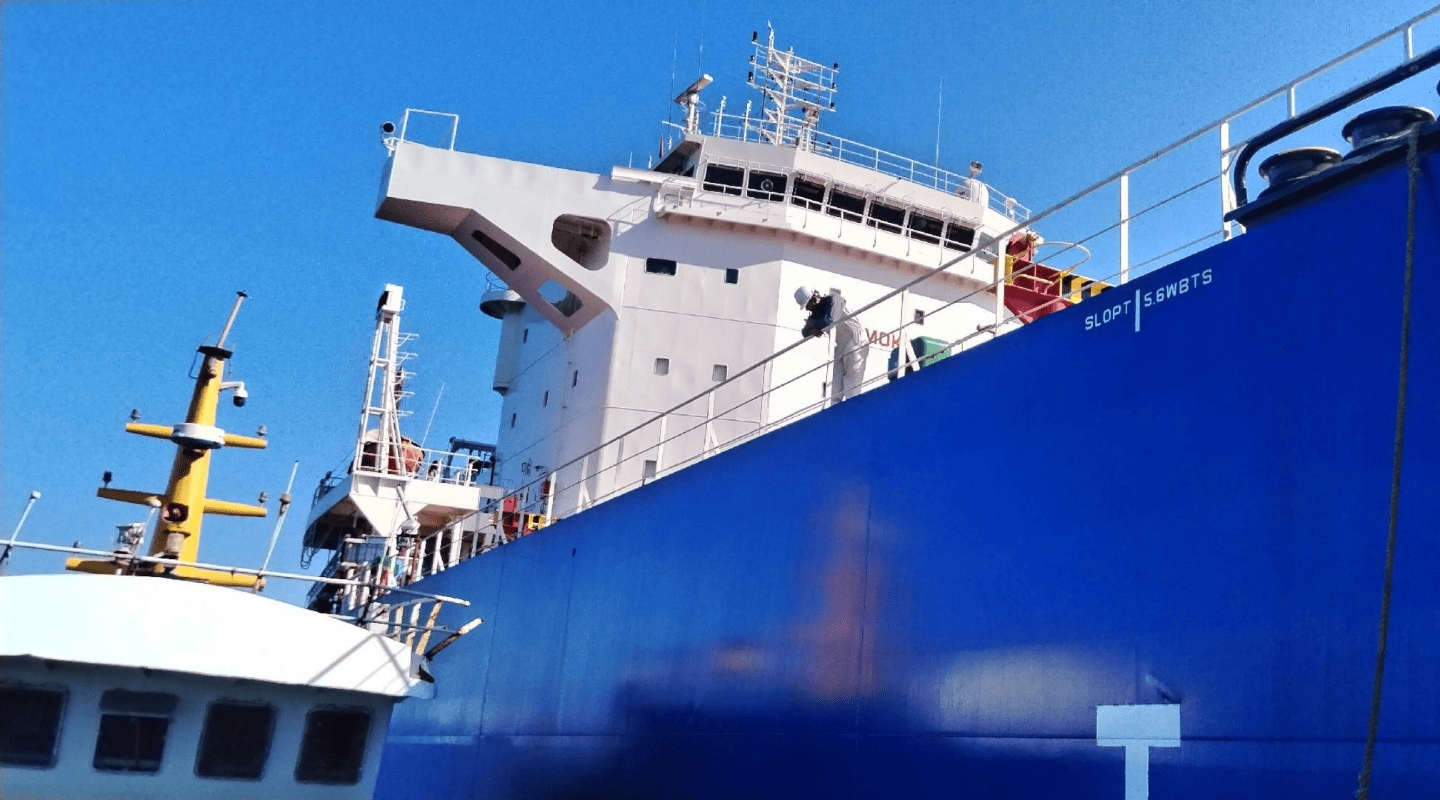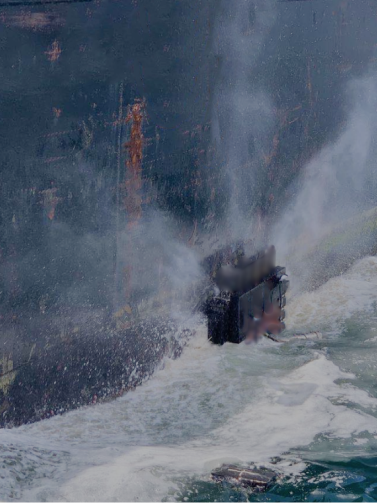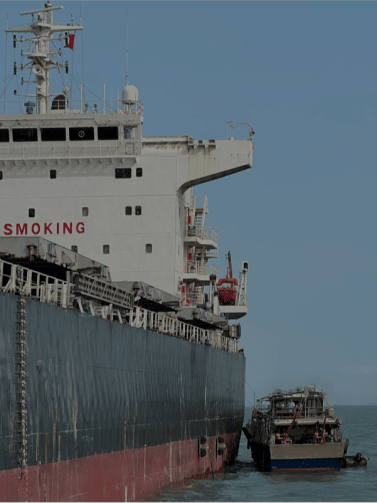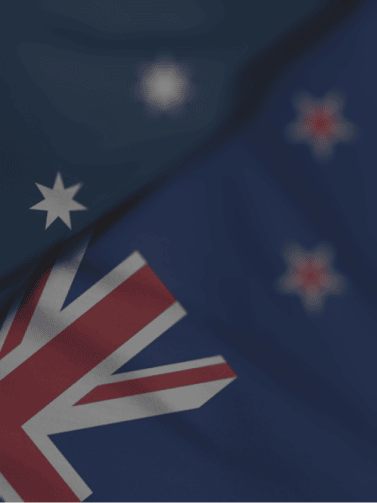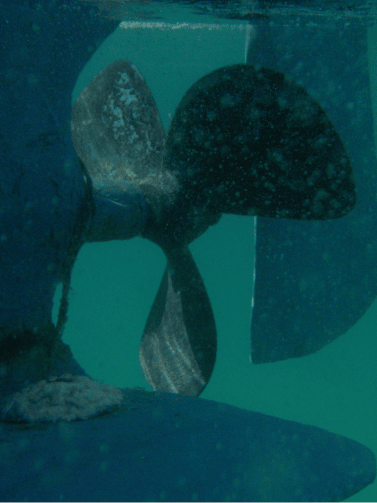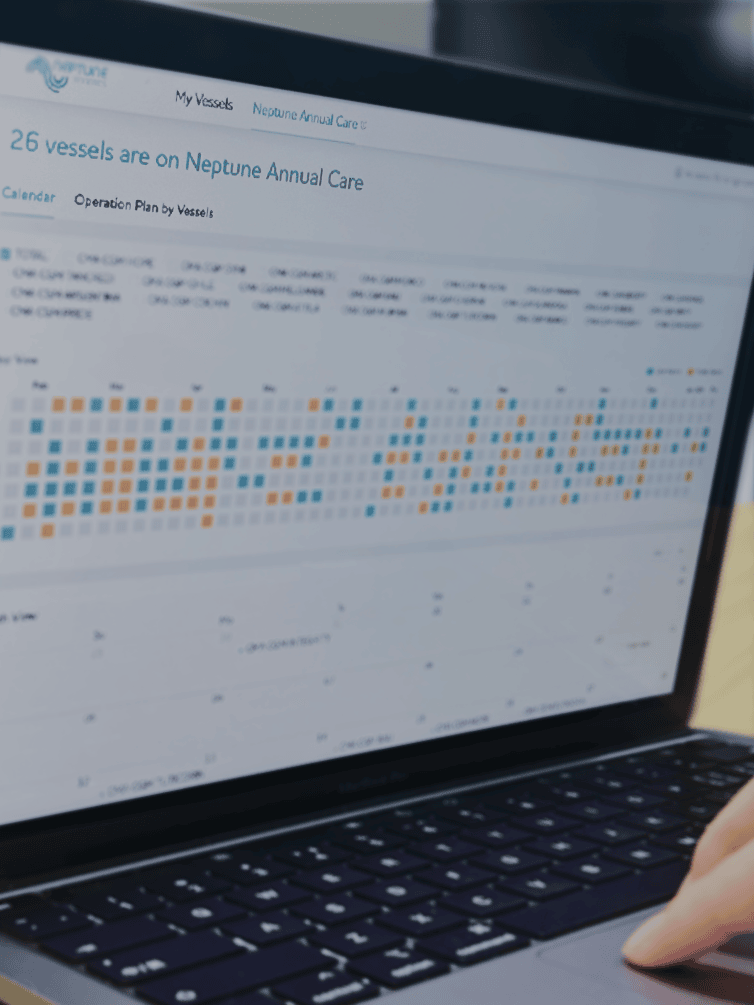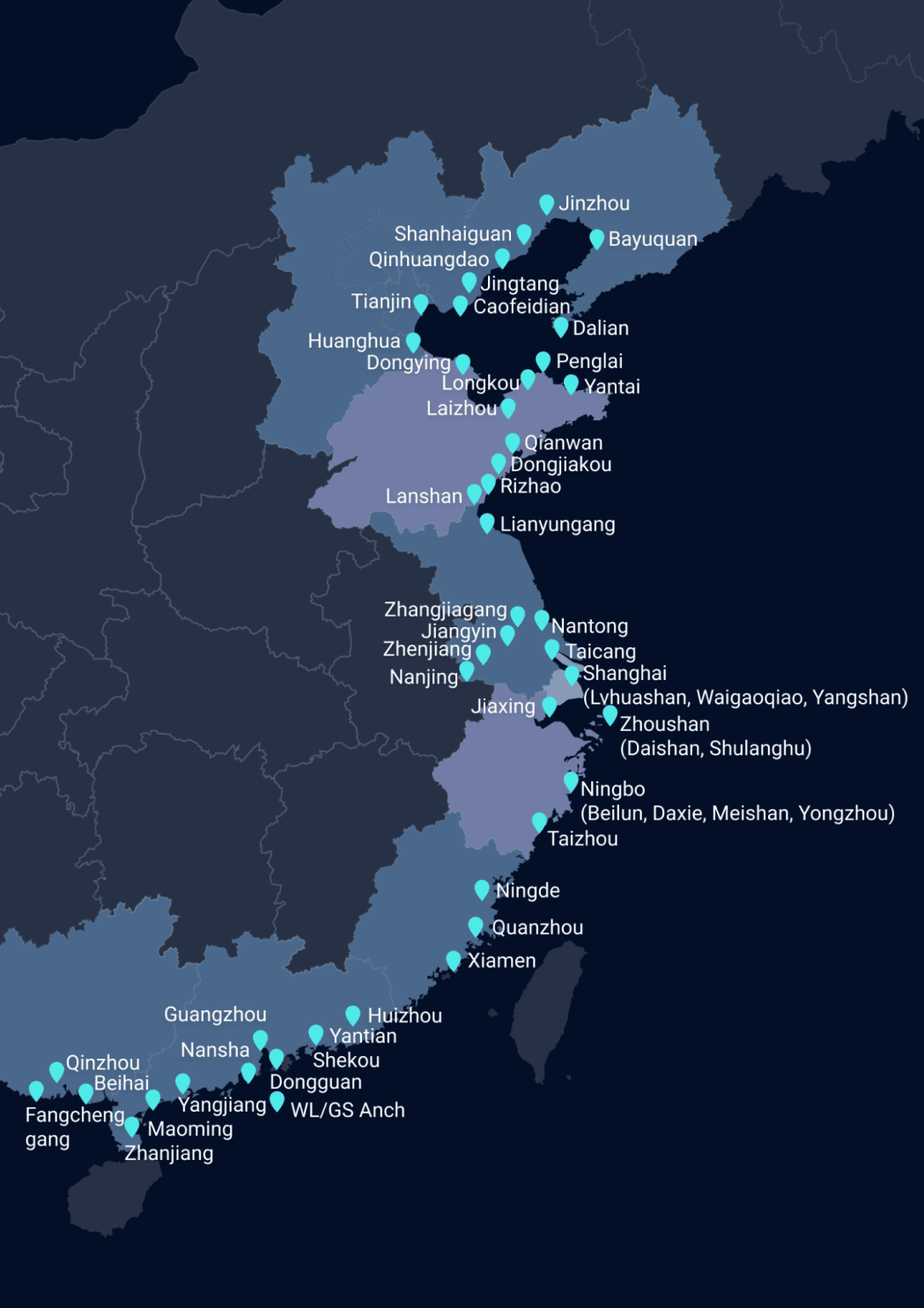Due to strict biosecurity regulations, the cruise ship Vessel “R” was forced to cancel its docking at New Zealand ports in the middle of last month. This is the 5th cruise ship in the past two months to be denied entry due to issues with biofouling on their hulls.
These five cruise ships were refused entry in New Zealand or Australia because of inadequate hull cleaning, and were told they must first clean their hulls to avoid potential biohazards from the attached marine.
01-New Zealand MPI: Strengthening enforcement
With the introduction of the “Biofouling Risk Standard” in May 2018, New Zealand became the first country in the world to introduce national regulations to address biofouling.
New Zealand MPI‘s Manager Paul Hallett said in a recent interview that the country is stepping up enforcement to reduce the entry of marine pests (biofouling) into its waters.
This trend started two years ago, with the New Zealand MPI launching a new marine life survey in 2020. Up to 40 arriving cargo ships were subject to mandatory hull inspections and had to answer questions about biological contamination. In the next two years, a total of 377 ships received instructions to address biofouling issues.
In June 2022, Australia introduced a similar biofouling standard, and DAFF has the authority to use the country’s biosecurity laws to inspect hulls and manage “unacceptable biosecurity risks”. In December of the same year, DAFF banned the Vessel “V” cruise ship from entering the port due to a small amount of biofouling on its hull.
02-Cruise companies: All commercial ships need to take proactive measures
The experiences of several cruise ships outside the ports of New Zealand and Australia remind us that the biofouling on ships has not yet peaked, as the IMO identifies it as a major threat to marine biodiversity.
A spokesperson for the cruise company Cunard reminds that, in addition to cruise ships, various commercial vessels also need to take proactive measures to meet such requirements before departure. Once a ship arrives in New Zealand or Australia and is deemed to not meet local biosecurity standards, it will have a significant negative impact on operational efficiency and operating costs:
This has resulted in many ships suffering huge losses. For example, two commercial vessels of the British shipping company were each denied entry at ports in New Zealand and Australia. One ship spent $1 million to solve the ship cleaning and delivery issues, while the other ship’s delivery time was delayed by six weeks.
03-Best advice for shipowners: Clean the ship before departure
2022 marks the first year since the outbreak of the COVID-19 crisis that international cruise ships have been allowed to return to New Zealand. Coincidentally, December is the start of New Zealand’s summer peak season, so cruise ships are the first to be affected by the biofouling control measures in both countries.
I-Tech CEO Philip Chaabane said this brings additional challenges to the industry and reminds shipowners and operators to be more aware of a regulatory risk: the accumulation of biofouling on ships increases drag, leading to serious economic losses. “Failure to arrange hull cleaning in advance for ships entering Australia and New Zealand will result in severe penalties from Australian and New Zealand regulatory authorities, as well as high additional compensation.”
Therefore, ships planning to dock at ports in New Zealand or Australia should clean their hulls before departure, which not only avoids being denied entry but also greatly saves fuel consumption and reduces operating costs.
Neptune is well versed in the biofouling management standards of Australia and New Zealand, offering tailored annual protection services for ships, providing high-standard, non-damaging robotic hull cleaning, as well as visual and digital pre- and post-cleaning inspection reports and compliance documentation.
Currently, hundreds of ships have undergone hull cleaning to meet the biosecurity levels of both countries through the “Neptune Annual Assurance Program (ANZAC Specialized)” before departure, obtaining written evidence of proactive management of biofouling, and smoothly entering New Zealand/Australia ports.
